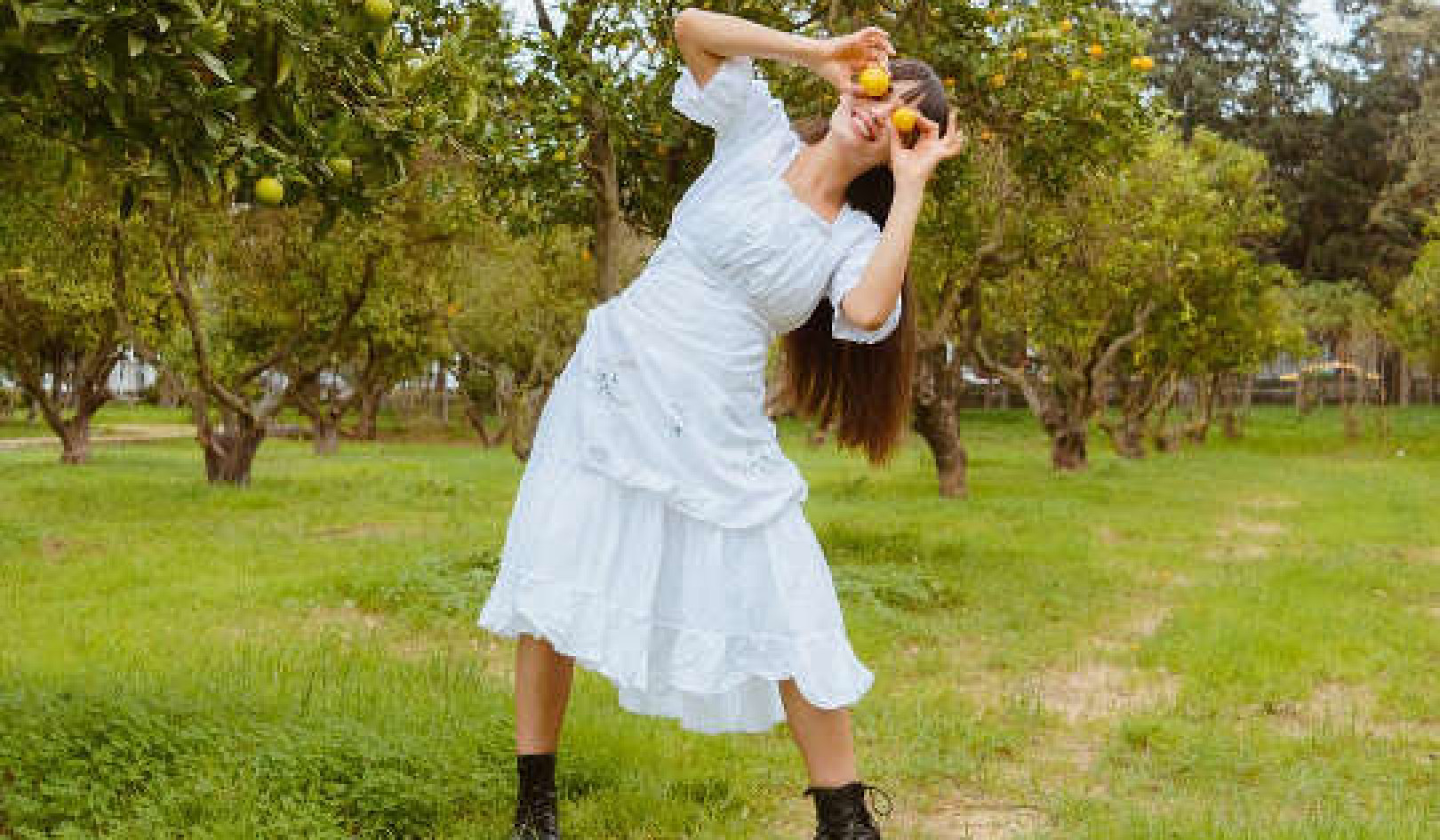The first few days of a baby's life can bring a deeply spiritual opening between parent and child. The sheer mystery of birth and the vulnerability of this tiny being you hold in your arms are truly awe-inspiring. Many mothers and fathers have told me that they had no way to predict the powerful emotions that poured forth during those first days of parenting. Tears of joy, moments of awed silence, feelings of being honored but also humbled by the huge task that lay ahead -- all following in rapid succession. In some cultures, the time immediately following birth is sacred and protected for both mother and child. Relieved of other tasks and allowed to simply be a mother, she devotes herself to nothing but her newborn.
In our hectic society, the dramatic transition of birth calls for rest and recovery for parents and child alike. There are many adjustments to make -- lifestyle, schedule, sleep patterns, and so forth -- and there is much to do. This is when your support system will be invaluable, helping with meals, errands, household chores, and more.
For the baby, the first days of life are about getting to know a foreign world of lights and sights, people and moving objects, new sounds and textures. Your baby's sense of touch is one of her chief ways of gathering information, especially about people. She is highly sensitive to the quality of human interaction communicated through cradling, holding, massage, and other gentle and reassuring touch. Research shows that babies deprived of physical contact become listless and ill, and in extreme cases, may even die. Babies who are handled carelessly or abrasively are also affected and may become chronically fussy or withdrawn. Loving physical contact counts for a great deal with babies.
Your baby can see at close range, can follow moving objects, and especially enjoys looking at faces. He can hear (as he did in utero), and recognizes your voice. His sense of smell allows him to detect the scent of your body. His taste buds are well developed, and he can distinguish differences in tastes. All of this means that your baby comes ready to relate to you. And indeed, the first few weeks of parenting are a time for creating the foundation of your relationship with your child.
There are some general stages of infant and child development that you will learn about simply from observing and interacting with your child. Gathering information from books, videos, and classes can help you understand these stages of growth. However, there is nothing quite like direct observation. As you cultivate awareness of this unique being who has been entrusted to your care, a special bond will begin forming. You will be establishing a kind of rapport that is characteristic of the parent-child relationship. As you become sensitive to the unique cries, grunts, smiles, sighs, laughs, body language, and facial expressions of your baby, a personality will become evident to you. As in any relationship, this takes time and is built upon shared experience.
Although it may seem as if you are doing all the giving (especially when the baby is very small), what you are receiving from your child is an opportunity that cannot be measured. You are being given a chance to really learn what it means to love and cherish and nurture another human being. What you do for your child, you are also doing for yourself. What you do to your child, you also do to yourself. Good parenting is all about the golden rule.
Accepting your baby as she is, rather than wanting her to be something else, will help the relationship get off to a good start. Whether you have acquired a lot of information about infant behavior or not, it is your willingness to get to know your baby and her unique ways of being that will be most important.
Accepting yourself as you are, rather than trying to be something else, will help you accept your child. Being totally honest with yourself about how you feel, what you need, and how to get your needs met will go a long way toward enabling you to meet your child's needs with generosity of spirit.
 This article is excerpted from:
This article is excerpted from:
"The Creative Journal for Parents: A Guide to Unlocking Your Natural Parenting Wisdom"
by Lucia Capaccione. ©2000.
Reprinted with permission of Shambhala Publications, Inc., Boston, MA, USA. www.shambhala.com
Info/Order this book
 About The Author
About The Author
Lucia Capacchione, Ph.D., A.T.R., R.E.A.T. is a world renowned art therapist, best-selling author, and trainer in Expressive Arts Therapy and Visioning®. She is a mother, grandmother, art therapist, corporate consultant, and the bestselling author of twelve books, including Recovery of Your Inner Child, The Creative Journal, and The Power of Your Other Hand. Visit her website at www.luciac.com.




























